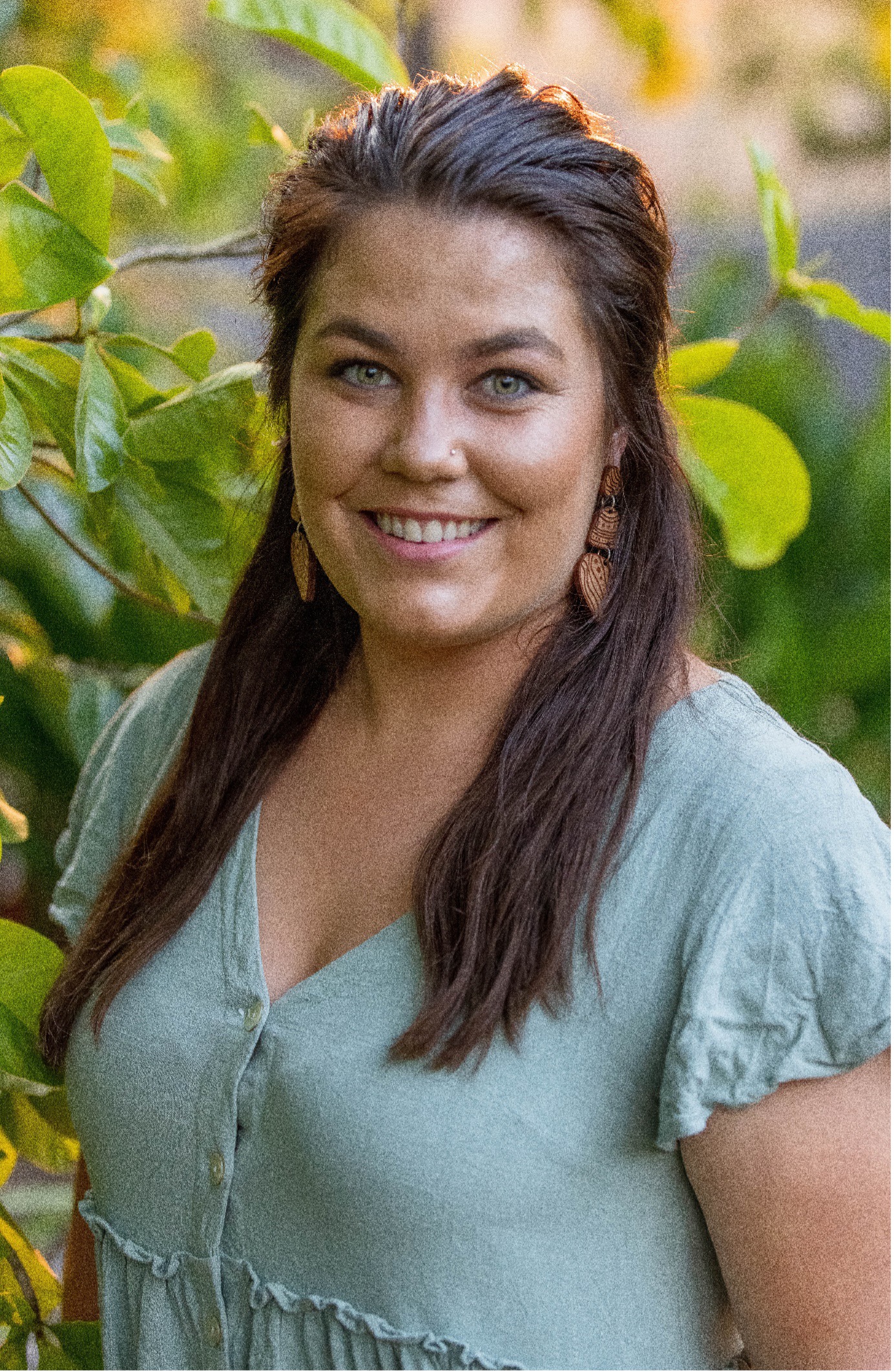
Monique Broeders
My name is Monique Broeders, and I am a proud Aboriginal woman belonging to the Gunditjmara Nation, Kirrae Whurrong tribe from Framlingham, south-west Victoria, with ties to Bruny Island in Tasmania. Gunditjmara, translated to English, means belonging to Aboriginal people, and Kirrae Whurrong translates to blood speech. I am currently working and living in a remote community on Anindilyakwa land in Arnhem Land, NT, where I have been working in mental health and social and emotional wellbeing for a little over two years. During this time, I have found this to have been an incredible opportunity and experience.
For much of my childhood, adolescence, and early adulthood, I grew up around family and friends facing challenges with several issues. Some of these included substance use, culture-bound syndromes, and inadequate access to appropriate health care. This contributed to poor mental health and psychological conditions such as schizophrenia, psychosis, and depression, which unfortunately has led to several people in my life committing suicide. Some of these issues led me to move out of home at the beginning of Year 10 and had me navigating life independently shortly after turning 16. I am the first person in my family to graduate from university, where I obtained a double degree in a Bachelor of Social Work and a Bachelor of Arts, specialising in Indigenous Australian history and cultures. Since then, I have had several family members commence their tertiary studies, and I am so incredibly proud of them and hopeful that my younger siblings will also continue on this path.
My tertiary studies, combined with my lived experience and work in rural Victoria, urban Queensland, and remote Aboriginal communities across the Pilbara (WA), central Australia (NT), and Arnhem land (NT), has further opened my eyes to the ongoing disparities experienced by First Nation’s people. This knowledge has ignited a fire inside me to try my hardest to give back to my Indigenous community. There are so many barriers that our people are faced with every day, and having access to culturally safe and appropriate health care professionals should not be one of them. Due to this belief, I have decided to re-commence my studies and begin the long journey to becoming a clinical psychologist. I hope to combine my social work and psychology skill set to work within a culturally safe and holistic framework, supporting individuals, families, and communities to overcome whatever obstacles may be in their way. It has been a long and complicated journey for me to learn and come to terms with Australia’s past and ongoing treatment of First Nations people. In some small way, I hope that I can help our people overcome some of the hurdles they are constantly faced with and to help them find their voice and deal with the ongoing systemic racism and oppressive systems they face daily. After attending Dr Westerman’s workshop on Aboriginal mental health assessment and suicide prevention in Aboriginal communities, I felt driven to do more. Dr Westerman not only inspired me to do more but instilled in me a belief that I too could be capable of becoming a psychologist.
I recognise Dr Westermann as a strong Aboriginal woman who has already inspired me so much and done incredible things to support our community, not only through direct practice but also through the development of Indigenous-specific assessment tools and academic research. To have the opportunity to be mentored by a professional I so greatly admire is everything to me and an incredible honour. Of course, the financial aspect of this scholarship would also have a substantial impact. In order to successfully complete my Social Work placement which included 1000 hours of practical placement, and financially support myself, I found myself relying on a credit card to cover my basic living expenses. This quickly got out of control and has since been causing a significant amount of stress. The scholarship funds will be utilised to pay off my existing debt and begin a life debt-free, allowing me to better focus on my academic commitments and allow me to take time off work when needed to better focus on my studies.
I am looking forward to continuing my work in remote communities, and I am excited to see where this journey takes me.
